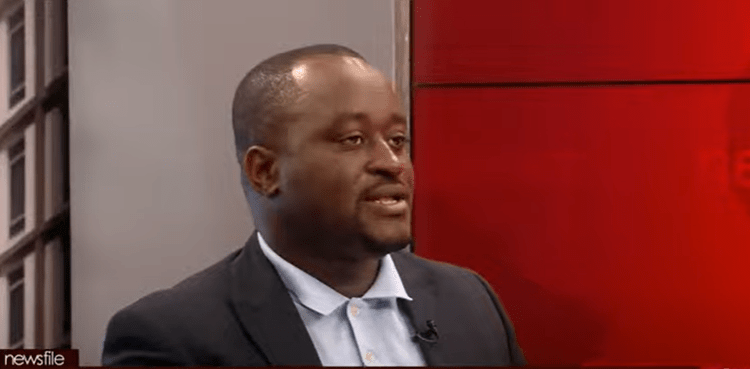Ghana Risks Losing Competitive Edge in Oil Sector – Dr Theo Acheampong Warns
Petroleum Economist and Political Risk Analyst, Dr Theo Acheampong, has cautioned that Ghana risks falling behind emerging African oil producers such as Namibia and Senegal if structural and governance challenges within the petroleum sector are not urgently addressed.
Speaking during the NorvanReports Economic Governance Platform and Ghana Anti-Corruption Coalition (GACC) X Space Discussion on the theme “Beyond Declining Barrels: Can Ghana’s Petroleum Revenues Still Power Development?”, Dr Acheampong said Ghana’s current policy approach is stifling investor confidence and limiting the sector’s potential to drive long-term growth.
‘You Can’t Have Your Cake and Eat It’
“They (Government) are doing what we attempted to do in 2007 or the early 2000s — attracting the big players and allowing them to develop the industry,” he said.
“In our case, we want to have our pick and eat it, and unfortunately, that cannot happen. That’s not how the industry works,” Dr Acheampong stressed, adding that Ghana’s heavy taxation and inconsistent policies have discouraged sustained exploration and investment.
Ghana Trails New Entrants in Oil Discoveries
Drawing comparisons, Dr Acheampong noted that while Ghana’s total petroleum reserves and resources are estimated at about 1.5 billion barrels, Namibia and Senegal have made much larger discoveries within a shorter period.
“Namibia next door has actually found in excess of 11 billion barrels and counting,” he revealed, arguing that Ghana’s policy inconsistencies and slow industry reforms have prevented it from realising its full potential since the Jubilee discovery in 2007.
Governance Challenges at GNPC
Dr Acheampong further criticised governance lapses at the Ghana National Petroleum Corporation (GNPC), citing overstaffing, political appointments, and weak corporate governance as major impediments to performance.
“If you look at serious national oil companies like Petronas, Pertamina, or ADNOC, they are run as professional, commercially driven entities. In our case, we have people running these organisations who frankly don’t need to be there,” he asserted.
He added that until GNPC and other state energy institutions are managed with efficiency and professionalism, Ghana will continue to struggle to maximise value from its petroleum resources.
Call for Strategic Industry Reforms
The petroleum economist underscored the need for government to focus on building strong value chains and industrial linkages within the oil and gas sector rather than relying solely on fiscal measures such as taxation.
“What you really need to do is allow the industry to grow such that you can get your revenues and, importantly, create the value chain that allows you to become an industrial hub,” he advised.
According to Dr Acheampong, Ghana’s petroleum potential remains vast, but without addressing entrenched political and institutional inefficiencies, the country risks discussing the same challenges “ten years from now.”








